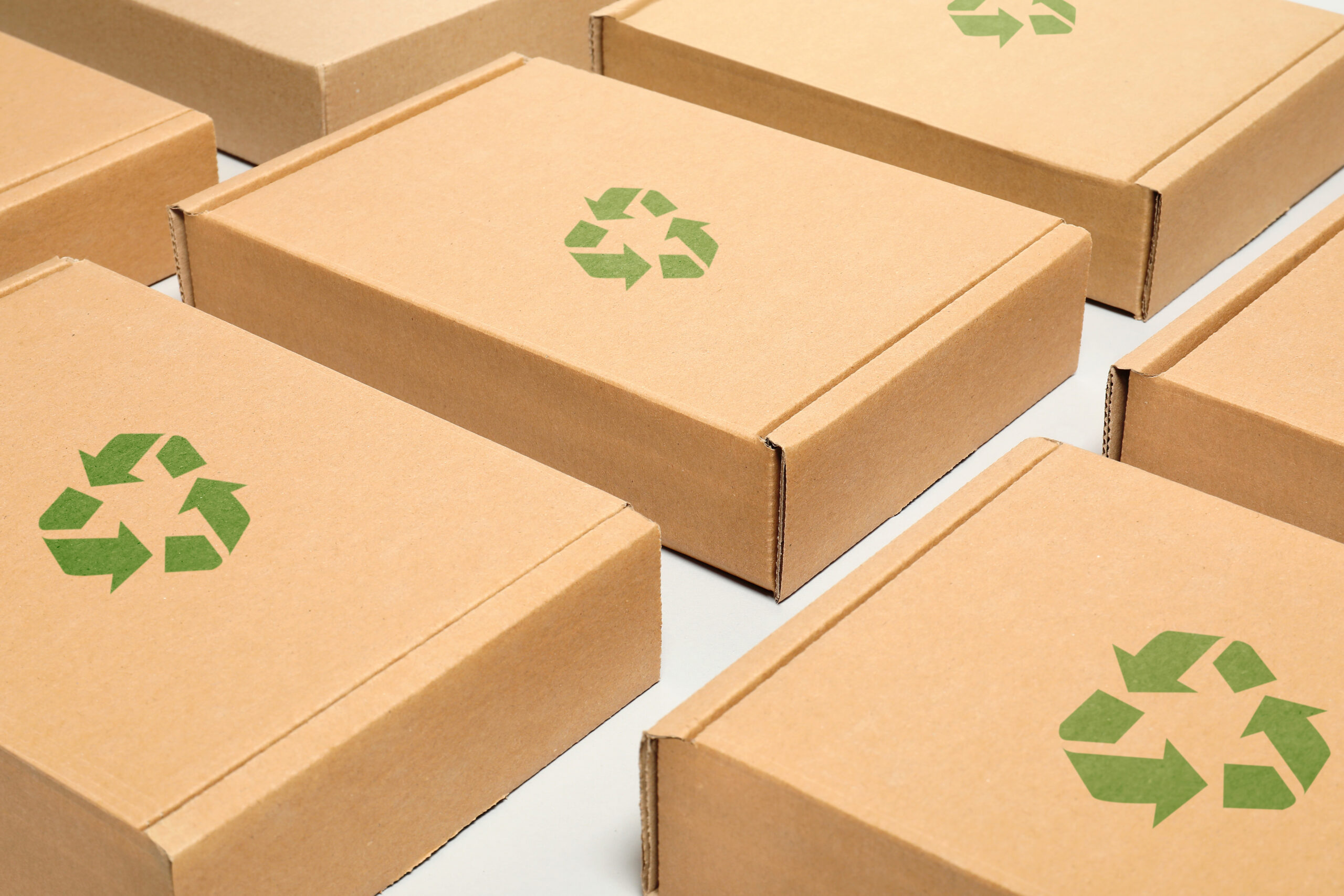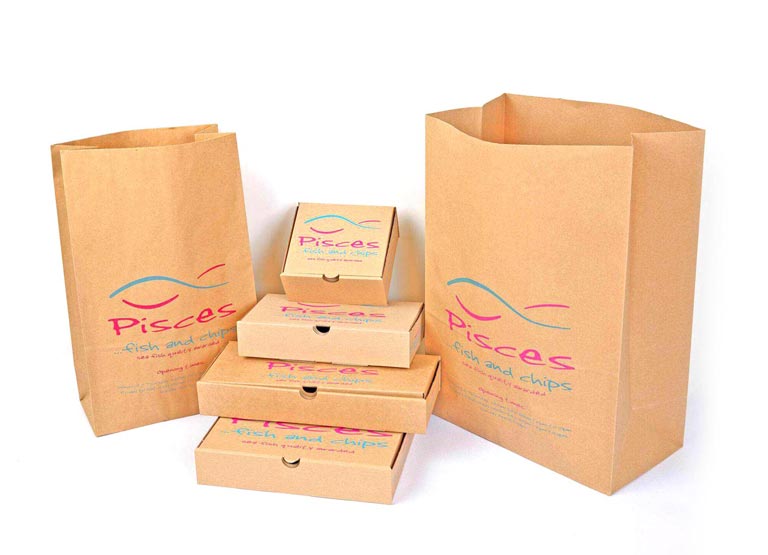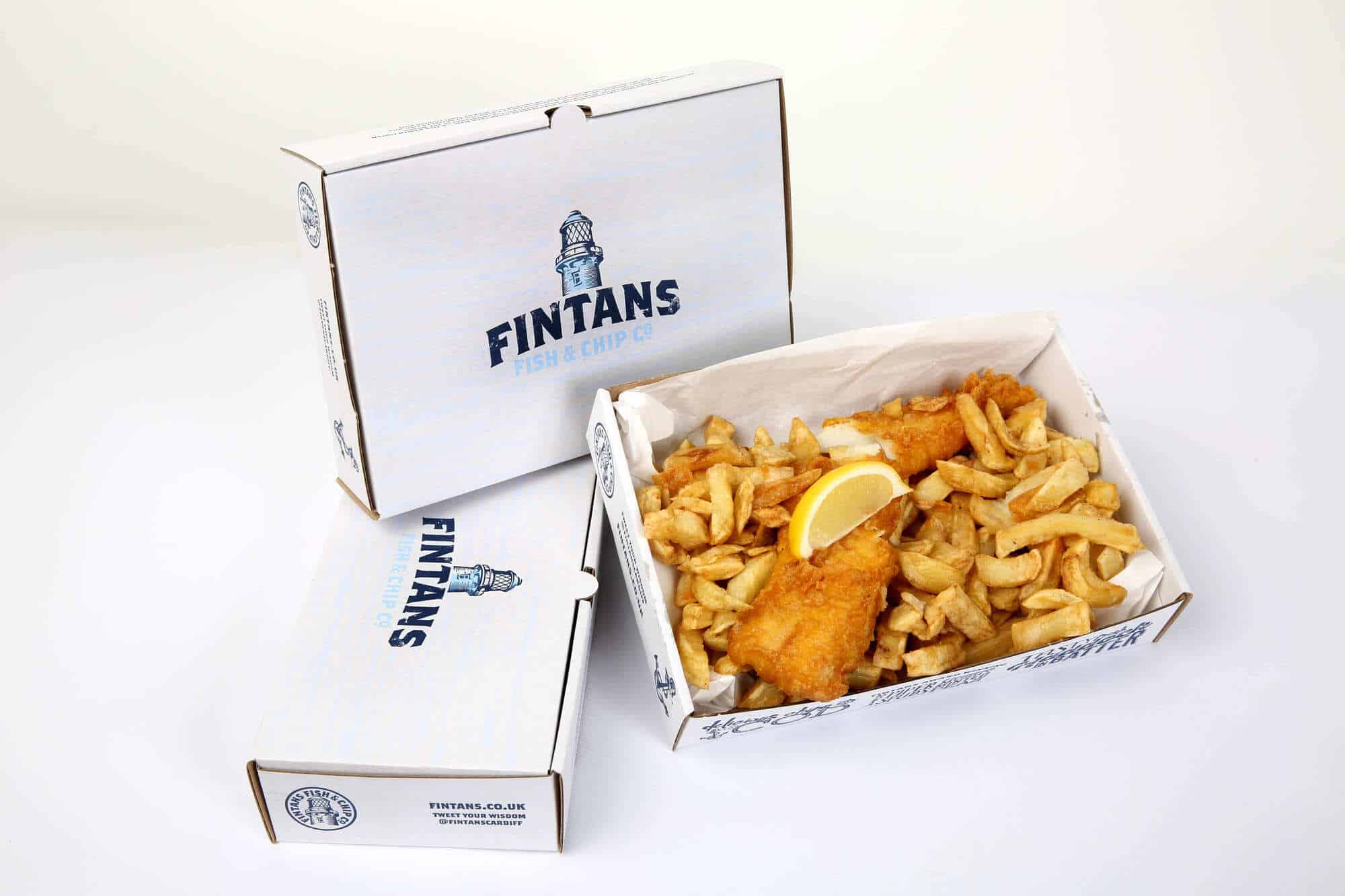Food Packaging News – September 2018
Food packaging is something that affects us all. Whether it be something that we use every day or consciously try and avoid, it still has an effect on our lives regardless of how much we use it. There are those that aim to be plastic free, but there are many that aren’t even aware of biodegradable alternatives. In this post, we go through some of the most recent news stories related to food packaging in order to inform our customers of a few trends in the market. For more information about our bio-packaging, visit our page on Food Packaging UK
Do people actually care about their packaging is recyclable?
The majority of society (we would like to think) understand the process & details of recycling, but how many of us actually modify purchasing behaviour because of it? As much as we recycle, how many people will choose to not buy a product because of the packaging it’s in? A recent study by YouGov on behalf of ThoughtWorks reveals that 62% of the public is more concerned about how environmentally-friendly their food packaging is compared to the price.
It marks a considerable change in buying attitudes as shoppers become more aware of the impact packaging, and in particular non-recyclable plastic packaging, can have on the environment.
This changing opinion isn’t limited simply to consumers. Waitrose, Sainsbury’s, Tescos, Iceland and others have all announced major pledges to change their packaging to either plastic-free or recyclable plastic over the next 5-10 years.
The third most important issue to consumers just below the cost was how much food we waste. Almost half of those asked (48%) said that food waste would be a major consideration for customers within the next decade.
“Brits historically throw away around 11% of the value of the food they buy each week.”
There was also a renewed focus on the quality and the location of the local food that’s being bought with 36% saying they would start considering where the food has come from and 34% agreeing that supporting local growers and farmers would be crucial over the next few years.
These changing attitudes extend far beyond our supermarkets as well. The British public showed overwhelming support to a recent Treasury appeal on how our taxes could be used to tackle the problem of plastic waste.
The government has itself set a ban on all avoidable plastics within the next 20-years.
A Defra spokesman said: “We are committed through our 25-year environment plan to eliminating avoidable plastic altogether by the end of 2042 so we leave our planet in a better state than we found it.
“We are exploring a range of options, and have already introduced a world-leading ban on microbeads, and set out plans to extend the 5p plastic bag charge, improve recycling rates and explore plastic-free aisles in supermarkets.”
Nations commit to fighting plastic pollution together during the UN General Assembly
To build on the growing momentum around the plastics agenda, UN Environment and the European Commission jointly hosted an event at the United Nations HQ today to launch UN Environment’s Global Plastics Platform. Member States, businesses, the European Commission and UN Environment showcased their initiatives, learned from each other, and committed to fighting plastic pollution together.
The event, hosted on the sidelines of the UN General Assembly, offered the opportunity for governments to officially join a ‘Race to the Top’ through the Global Plastics Platform, a network that will encourage new commitments to reduce plastic pollution and explore innovative ways to change the habits of design, production, consumption and disposal of plastics around the world, supporting the transition to a more circular economy.
Many countries across the world have made ambitious commitments to beat plastics pollution during 2018. On World Environment Day 2018, India announced to ban all single-use plastics by 2022. Plastic bags bans have been announced in Chile, Botswana, and Peru, while Nigeria will set up recycling plants across the country, Brazil will announce a new national plan on plastics and Wales will commit to being the first “refill nation.”
Global Plastics Platform
The aim of the Global Plastics Platform is to provide support to countries and cities who made these ambitious commitments, by facilitating the sharing of experiences, the establishment of new policies and inspiration for new commitments.
“The Global Plastics Platform is exactly the kind of initiative we need to bring countries together in the fight against millions of tonnes of plastics that end up in our oceans each year,” Head of UN Environment Erik Solheim said. “No one can solve the problem of plastic pollution alone, but together we will fuel global change.”
Government representatives and leaders from the public and private sector got to share their experiences, best practices and concerns around the phasing out or regulation of plastic products at the event, moderated by Editor-in-Chief of National Geographic magazine Susan Goldberg, Goldberg also helped to illustrate the impact of the plastic challenge with original photography and film content first published by National Geographic this year.
UN Environment has played a leading role in positioning plastics pollution at the top of the global agenda, placing the theme at the centre of the world’s attention for World Environment Day 2018. By increasing global awareness and highlighting circular economy as its solution, the issue was propelled it to the top of the agenda for member states, the public and the private sector.



